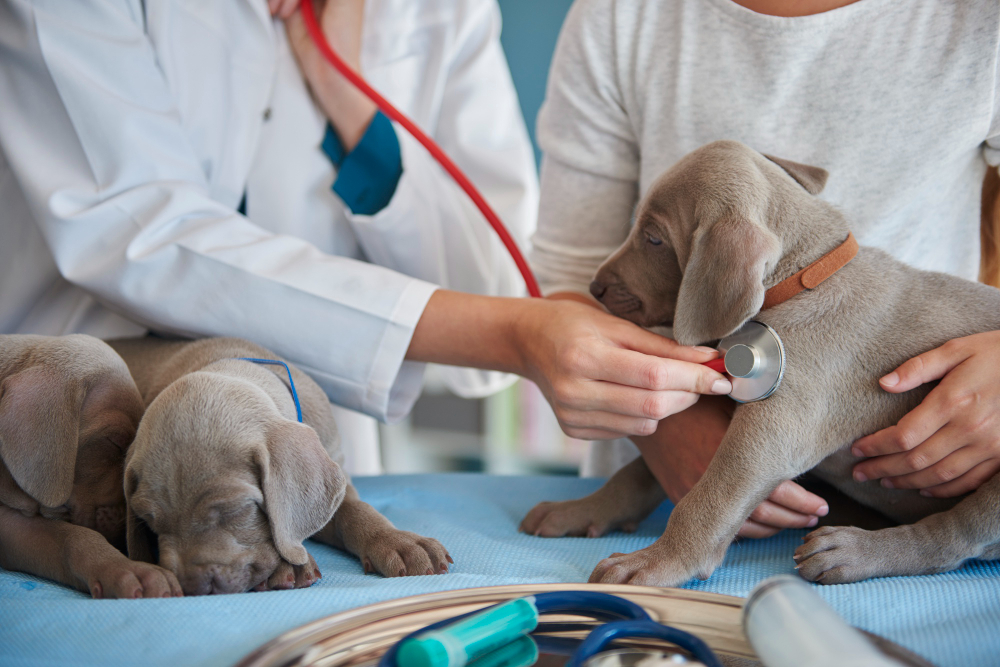Table of Contents
You care about your pet’s health. Nutrition plays a huge part in keeping them happy and healthy. Every pet deserves a balanced diet for energy, growth, and a shiny coat. Tailoring meals to meet your pet’s specific needs can make all the difference. Nutrients affect not just physical health but also mood and behavior. The Havelock, NC veterinarian emphasizes that understanding what you feed your pet can reduce the risk of disease and extend their lifespan. You should learn about different food types, portion sizes, and essential nutrients. Your pets rely on you to make these choices. Proper nutrition boosts their immune system. It keeps their weight in check. It helps them stay active. Start with the basics: proteins, fats, carbohydrates, vitamins, and minerals. You will see the positive changes in their energy levels and overall well-being. Remember, a healthy pet is a happy pet. Take that step for them today.
Essential Nutrients for Pets
Proteins are crucial for muscle development and repair. Meats, fish, and eggs are excellent sources. Carbohydrates provide energy. They should come from sources like rice and potatoes. Fats are an energy source and support cell growth. Healthy fats are found in fish oils and chicken fat. Vitamins and minerals are vital for overall health. Leafy greens and carrots are rich in these nutrients.
Pet Food Types
You have options when choosing pet food. Commercial dry food is convenient. It often contains balanced nutrients. Wet food is palatable and hydrating. Homemade meals give you control over ingredients. However, they require careful planning. Raw diets are popular but need to be handled safely to avoid health risks.
Understanding Portion Sizes
Overfeeding leads to obesity, while underfeeding can cause malnutrition. Read pet food labels. They offer guidelines based on weight and activity levels. Adjust portions to match your pet’s lifestyle.
Impact of Diet on Health
Diet influences your pet’s health. A balanced diet strengthens the immune system. It reduces the risk of chronic diseases. Poor nutrition can lead to obesity, diabetes, and heart disease. Behavioral issues like lethargy or hyperactivity can also arise from imbalanced diets.
Comparison of Pet Food Nutrient Content
| Food Type | Proteins | Fats | Carbohydrates |
|---|---|---|---|
| Commercial Dry | High | Moderate | High |
| Commercial Wet | High | High | Low |
| Homemade | Variable | Variable | Variable |
| Raw | High | Moderate | Low |
Steps to Improve Pet Nutrition
- Consult your veterinarian before making dietary changes.
- Opt for high-quality, balanced pet food.
- Monitor your pet’s weight and adjust portions accordingly.
Conclusion
Your pet’s health depends on their diet. You can make informed choices with the right information. Understand their nutritional needs. Choose the right food. Watch their portion sizes. These steps ensure a longer and healthier life for your beloved companions.

